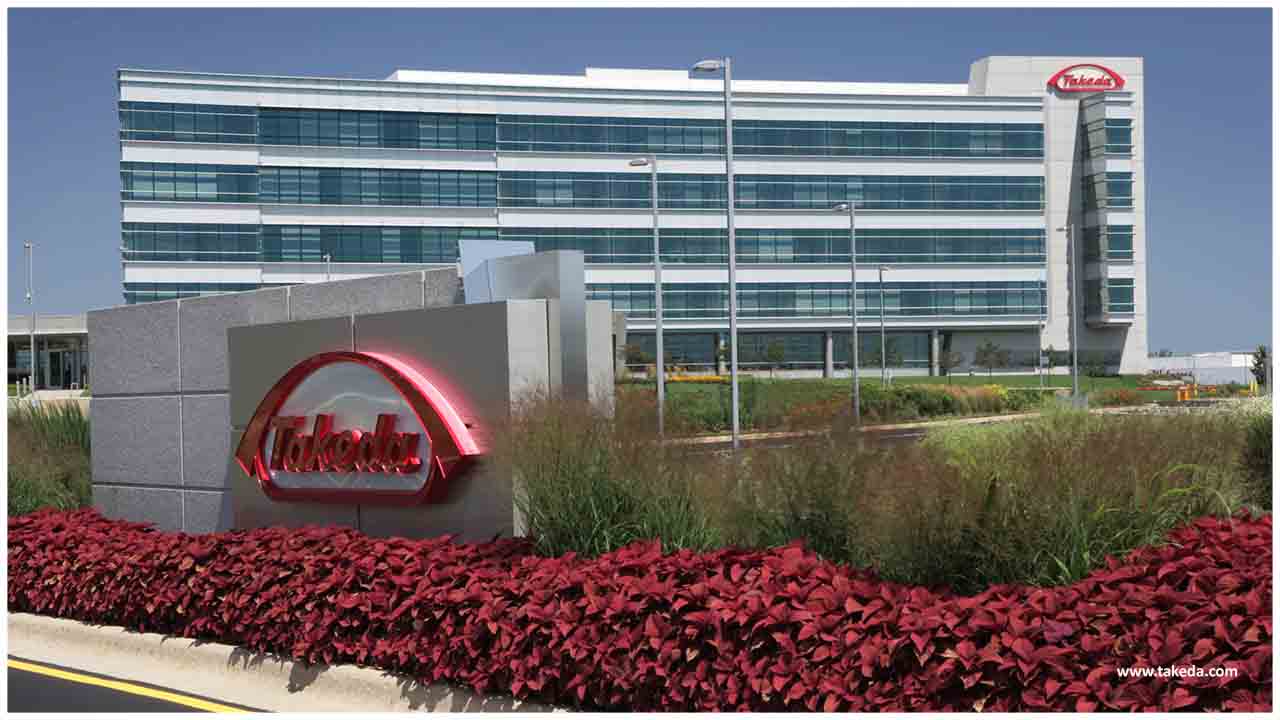Takeda Pharmaceutical Company Limited in Boston, Massachusetts to expand its capacity to manufacture cell medicine. Announced that it has built a new 24,000 square-foot cell medicine manufacturing facility for R & D within its R & D base. The facility will provide end-to-end R & D capabilities, initially focusing on the oncology area and accelerating our next-generation cell drug development activities while exploring the potential for expansion into other therapeutic areas. Will be.
Dr Chris Arendt, Head of Takeda Oncology Therapeutic Area Unit, said: "We have collaborated with the world's top scientists and innovators to build a highly differentiated cancer immunotherapy pipeline and make a leap forward in the development and discovery of new drug discovery methods and mechanisms of action with curative potential. Three cancer cell therapy programs are in the clinical phase, two more are expected to enter the clinical phase during fiscal 2021, and we are working with a sense of urgency and purpose for our patients. This new facility will help us rapidly expand our manufacturing capacity and enable us to move forward with multiple highly differentiated cell therapy programs at the same time. "
Cell therapy in the area of ​​cancer is a type of immunotherapy that uses genetically engineered immune cells to detect and kill cancer cells. Because cell medicines manipulate living cells, they must be manufactured in a highly controlled environment to maintain cleanliness, consistency, and pollution control. Each cell therapy platform in the oncology area has process-specific requirements for how it is prepared, manufactured, transported, and ultimately administered to patients. Next-generation cell therapies are one of several clinical trial platforms that Takeda is conducting research in the oncology area as part of its focus on immune system redirection. Takeda's diverse cancer immunotherapy program pipeline leverages innate immunity: innovative cell therapy, immune involvement platform, regulation of innate immunity, new underlying immune checkpoint platform, tumours Includes those through lytic viruses.
The newly opened cell drug manufacturing facility for research and development will manufacture cell drugs for clinical evaluation from drug discovery to pivotal phase 2b clinical trials. Compliant with the current Good Manufacturing Practices (cGMP), the facility will meet all the requirements set by US, EU and Japanese regulators for the manufacture of cell medicines and support Takeda's clinical trials worldwide. Designed for. The new facility will enhance Takeda's cell medicine potential and production capacity and help advance multiple next-generation cell therapy platforms and programs in the oncology area. These activities include Nobel laureates Dr Shinya Yamanaka (MD, PhD) (artificial pluripotent stem cells) and Dr Adrian Hayday (PhD) of Gamma Delta Therapeutics. (Gamma Delta T cells), Dr Koji Tamada (MD, PhD) (Armed CAR-T) of Nobel Immun Biotech, Dr Michel Sadelan (MD, PhD) of Memorial Sloan Kettering Cancer Center (Next-Generation CAR), Dr Katie Lesbian Cancer Center, MD Anderson Cancer Center, University of Texas (MD, PhD) (CAR-NK) and other world-class people.
Takeda and MD Anderson are developing a best-in-class allogeneic cell therapy product candidate (TAK-007). This drug is a CD19-targeted chimeric antigen receptor-introduced natural killer (CAR-NK) cell drug that is in the Phase 1/2 trial and has relapsed / refractory non-Hodgkin's lymphoma due to its potential use as an off-the-shelf product. It is being tested in NHL) and chronic lymphocytic leukaemia (CLL) patients. Recently, we have also launched two more Phase 1 trial of Takeda's cell therapy program. These are the next-generation CAR T signalling domains under joint development with the Memorial Sloan Kettering Cancer Center (MSK) as therapeutic agents for relapsed / refractory B-cell cancer 19 (T2) 28z1xx CAR T cells (TAK-940). CAR-T (TAK-102) armed with cytokines and chemokine, which is being jointly developed with Neulimune Biotech as a therapeutic agent for GPC3-expressing solid tumours that have been treated. Under the license agreement between MSK and Takeda, Dr Sadelan and MSK reserve the intellectual property and related rights to the content of this release.
Active and close collaboration between R & D and commercial production is critical to the development and delivery of next-generation cell therapies. Takeda's Cell Therapy Translational Engine (CTTE) connects clinical bridging science, product design, development and manufacturing through R & D and commercialization stages. CTTE centralizes bioengineering, CMC (Chemical, Manufacturing and Quality Control), data management, analytics, clinical and bridging science capabilities in one place, overcoming many of the manufacturing challenges faced in the development of cell therapy. ..
Dr Stefan Wildt, Head of Pharmaceutical Sciences & Translational Engines at Takeda's Cell Therapy Division, said: "Thanks to the close relationships and structure of our cell therapy team, we will quickly apply our knowledge to our diverse portfolio of next-generation cell therapies, including CAR NK, armed CAR-T, and gamma delta T cells. The insights gained in manufacturing and clinical development can be quickly shared between our global research, manufacturing and quality teams. This ability allows for therapies that can transform as much as possible. It is very important for our efforts to reach patients quickly. "

 Takeda establishes new cell drug manufacturing facility for research and development to support expansion of next-generation clinical programs
Takeda establishes new cell drug manufacturing facility for research and development to support expansion of next-generation clinical programs





















.jpeg)












